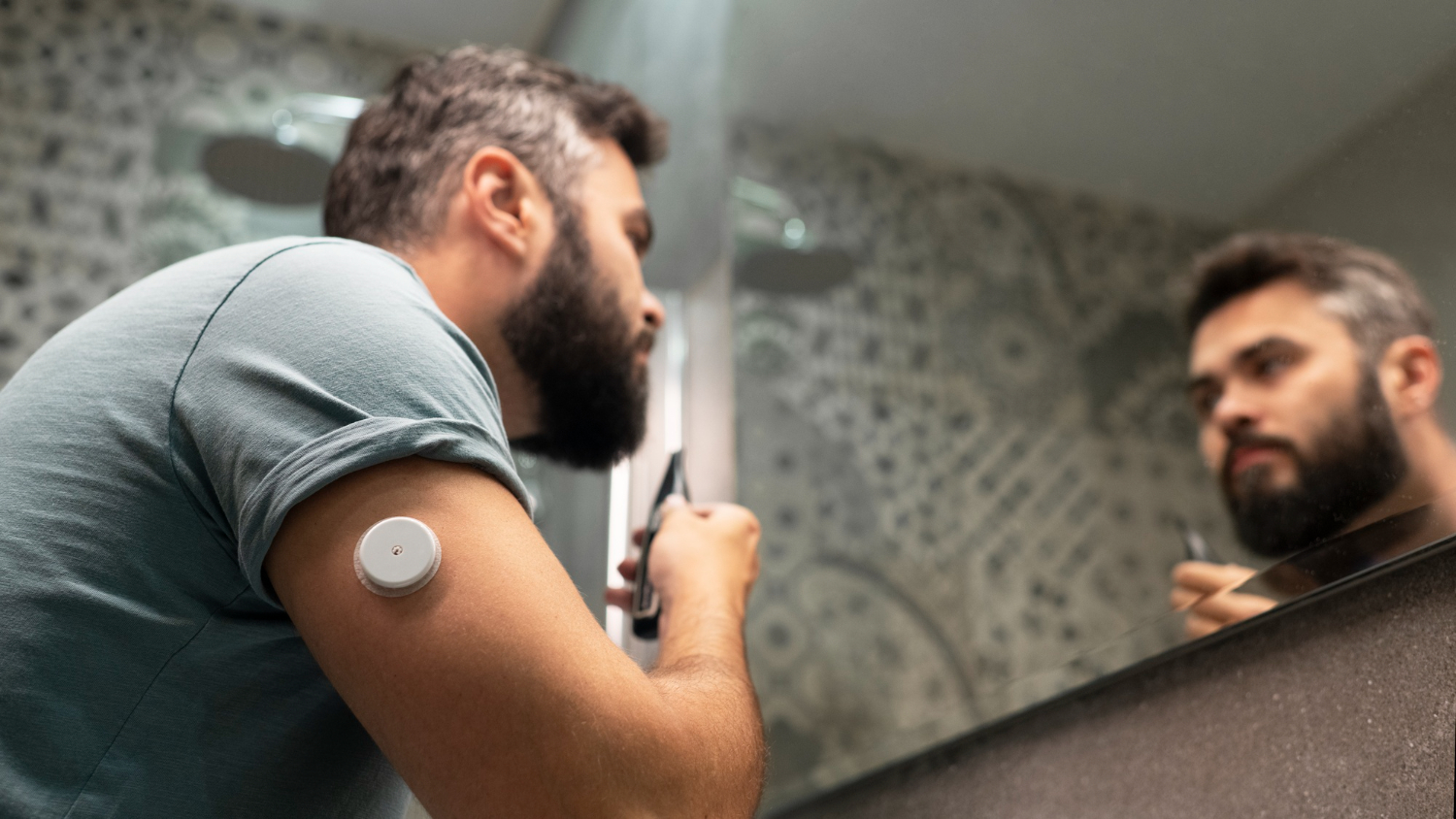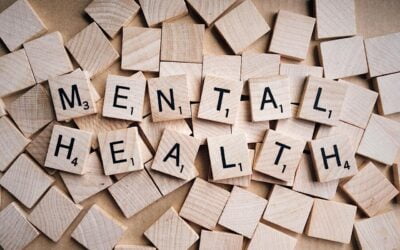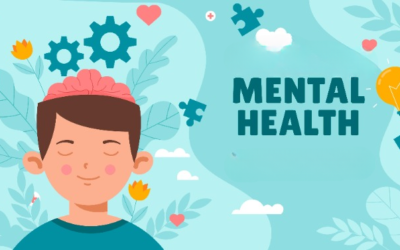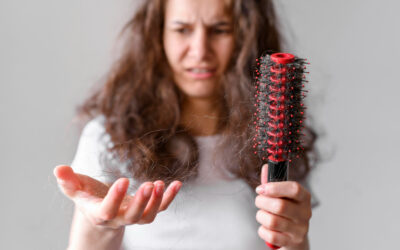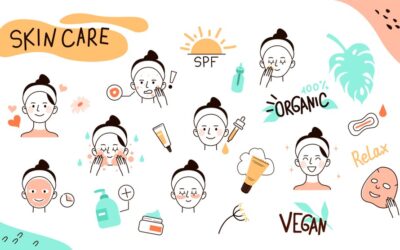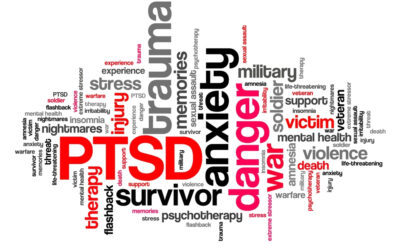Post-shave depression is an unexpected emotional experience some individuals face after shaving. It involves feelings of sadness, regret, or discomfort following the act of shaving, particularly in the context of facial or head hair. Although it might sound trivial, this phenomenon is real and can impact a person’s mental well-being. In this article, we’ll explore the various aspects of post-shave depression, including its causes, symptoms, expert opinions, scientific evidence, and ways to cope with it.
What is Post-Shave Depression?
Post-shave depression refers to the emotional slump some people experience after shaving. It’s more than just missing your beard or hair; it can involve genuine sadness, anxiety, or a sense of loss. For many, their facial or head hair is a significant part of their identity, and removing it can lead to unexpected emotional reactions.
Causes of Post-Shave Depression.
Several factors can contribute to post-shave depression. Understanding these causes can help individuals manage their feelings better.
1. Identity and Self-Image.
Facial hair often becomes a core part of one’s identity. For instance, a beard might symbolize masculinity, maturity, or personal style. Removing it can make individuals feel as if they’ve lost a part of themselves. Dr. Emily Harrison, a psychologist specializing in body image, states, “Shaving off facial hair can sometimes feel like erasing a part of one’s identity, leading to an emotional void.”
2. Social Perception.
Societal expectations and reactions play a significant role. People might fear judgment or negative reactions from others. For example, someone who has always had a beard might worry about how others will perceive their clean-shaven look. This concern can lead to anxiety and sadness.
3. Routine Disruption.
Shaving, particularly for those who maintain a certain style for a long time, disrupts the daily routine. This disruption can cause a sense of disorientation and discomfort, contributing to depressive feelings.
Symptoms of Post-Shave Depression.
Identifying the symptoms of post-shave depression is crucial for addressing it effectively. Here are some common signs:
- Sadness: Feeling down or blue without a clear reason.
- Regret: Wishing you hadn’t shaved and feeling remorseful.
- Anxiety: Worrying excessively about your appearance and others’ opinions.
- Discomfort: Physical and emotional discomfort with the new look.
- Loss of Confidence: Feeling less confident or attractive without your usual hair.
Expert Opinions on Post-Shave Depression.
To gain deeper insights, we spoke with several experts who shared their perspectives on post-shave depression.
Dr. Emily Harrison, Psychologist.
“Post-shave depression can be linked to how strongly individuals associate their self-worth with their appearance. When a significant change occurs, it can lead to a temporary identity crisis. It’s essential to acknowledge these feelings and understand that they are valid and can be addressed with time and support.”
John Davis, Barber with 20 Years of Experience.
“As a barber, I’ve seen many clients who feel a bit down after a drastic shave. It’s not just about the physical change but also the emotional transition. I always advise my clients to give it time and remember that hair grows back. Embracing the change gradually can help.”
Scientific Evidence on Post-Shave Depression.
While post-shave depression is not a widely researched topic, existing studies on body image and self-esteem can provide some context.
Body Image and Self-Esteem.
Research shows that body image plays a crucial role in overall self-esteem. Changes in appearance, such as shaving, can disrupt an individual’s body image and lead to feelings of insecurity. A study published in the Journal of Social Psychology found that even minor changes in appearance can significantly impact an individual’s mood and self-perception.
The Psychological Impact of Grooming.
Grooming practices are deeply tied to psychological well-being. A study in the International Journal of Cosmetic Science highlighted that grooming habits, including shaving, influence how individuals feel about themselves. Disrupting these habits can lead to temporary dips in mood and confidence.
Coping with Post-Shave Depression.
Dealing with post-shave depression involves both emotional and practical strategies. Here are some effective ways to cope:
1. Give It Time.
Remember, hair grows back. Give yourself time to adjust to the new look. John Davis emphasizes, “Patience is key. The initial shock will wear off, and you’ll start feeling more comfortable with the change.”
2. Focus on Self-Care.
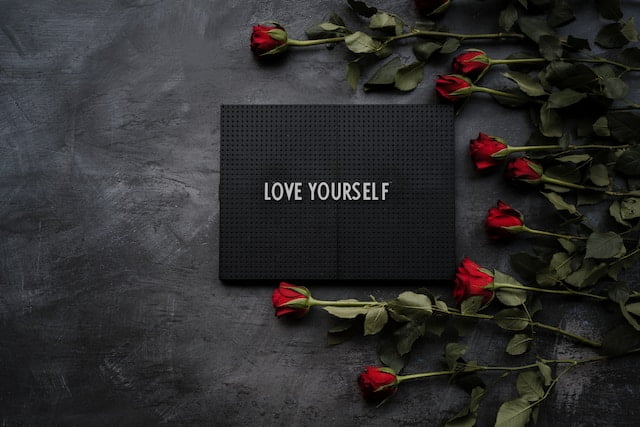
Engage in activities that boost your mood and confidence. Exercise, spend time with loved ones, or pick up a hobby. Dr. Harrison advises, “Self-care is vital. It helps rebuild confidence and improves overall mental well-being.”
3. Seek Support.
Talk to friends, family, or a mental health professional about how you’re feeling. Sometimes, expressing your emotions can provide relief and help you gain perspective.
4. Gradual Changes.
If you’re planning a major shave, consider doing it gradually. This approach can help you and others adjust to the change more smoothly.
Frequently Asked Question.
1. Is post-shave depression a real thing?
2. How long does post-shave depression last?
3. Can I do anything to prevent post-shave depression?
4. Should I see a therapist if I feel depressed after shaving?
Bottom Line.
Post-shave depression is a genuine emotional experience that affects many people. Understanding its causes and symptoms is the first step towards coping with it. By giving yourself time, focusing on self-care, seeking support, and considering gradual changes, you can manage these feelings effectively. Remember, it’s okay to feel a bit down after a significant change in appearance, and with time, you’ll likely find your confidence and comfort return.
By shedding light on post-shave depression, we hope to normalize these feelings and provide helpful strategies to those who experience them. Hair grows back, but taking care of your mental well-being is always essential.

 Workout
Workout
 Meditation
Meditation


 Stories
Stories


 Podcast
Podcast E-book
E-book
